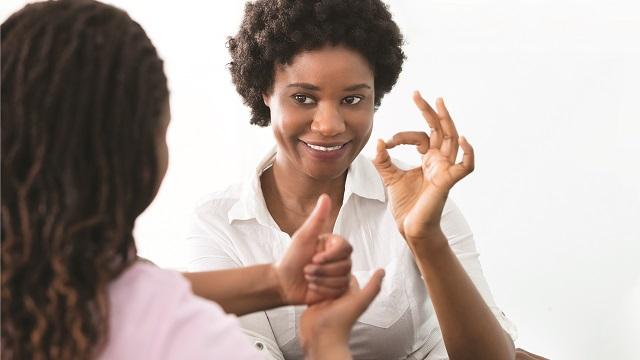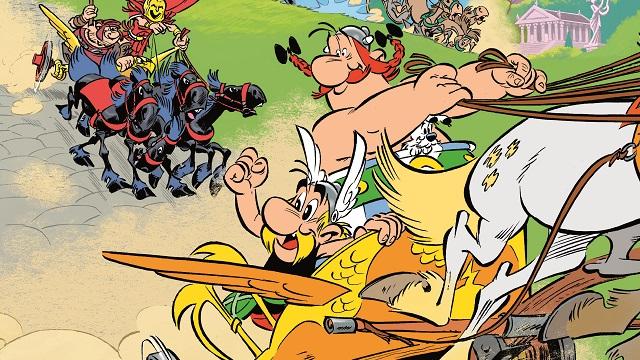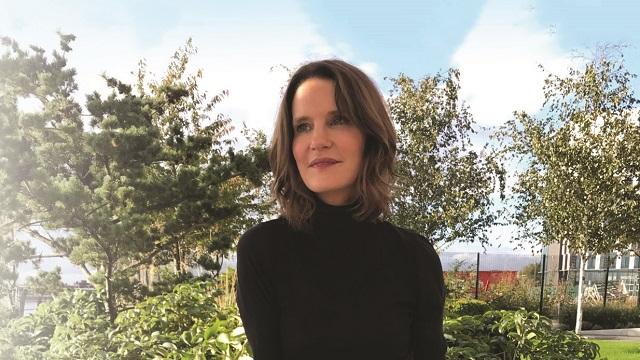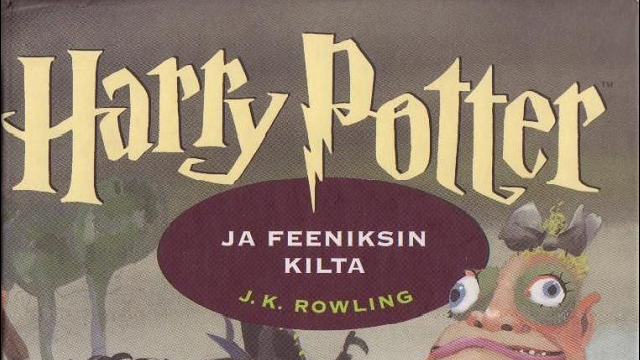-
QUALIFICATIONS
- For Linguists Worldwide
- For UK Public Services
- Preparation
- Policies & Regulation
-
MEMBERSHIP
- Join CIOL
- Membership grades
- NEW for Language Lovers
- Chartered Linguist
- Already a member?
- Professional conduct
- Business & Corporate Partners
-
ASSESSMENTS
- For Second Language Speakers
- English as a Second Language
-
TRAINING & EVENTS
- CPD, Webinars & Training
- Events & Networks
- CIOL Mentoring
-
NEWS & VOICES
- News & Voices
- CIOL eNews
- CIOL Awards
- The Linguist
- Jobs & Ads
-
RESOURCES
- For Translators & Interpreters
- For Universities & Students
- Standards & Norms
- CIOL & AI
- APPG
- In the UK
- UK Public Services
- Find-a-Linguist
Podcast voices
By Theo Merz
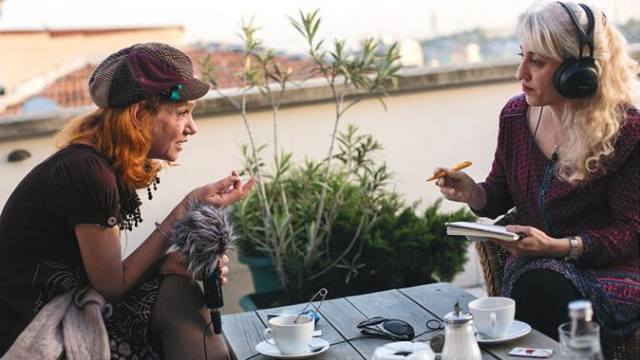 More people are listening to and making podcasts than ever before. BBC Sounds, the British national broadcaster’s radio and music app, reported around half a billion podcast plays in 2020; globally, there are some 1.7 million podcasts offering discussions and reports on topics ranging from true crime to ceramics, space travel, sex, gardening, left-wing literary analysis and right-wing conspiracy theories.
More people are listening to and making podcasts than ever before. BBC Sounds, the British national broadcaster’s radio and music app, reported around half a billion podcast plays in 2020; globally, there are some 1.7 million podcasts offering discussions and reports on topics ranging from true crime to ceramics, space travel, sex, gardening, left-wing literary analysis and right-wing conspiracy theories.
While many of those podcasts are made by professional audio journalists and producers, a large number are put together by enthusiasts who are new to media production. In some ways, the process is simple: all you need is a microphone, the most basic editing software and the right pitch to reach a potential audience of millions.
Yet the medium poses unique challenges. One of these is linguistic. How do you translate within a podcast? If your podcast features an interviewee, or follows a character, who doesn’t speak the language of the intended audience, how do you get their voice across? While books can be translated and films can be subtitled, dubbing is a clumsy and often alienating method of relating what a foreign-language speaker is saying, especially over long stretches of audio. There is a danger of losing precisely what makes the medium so appealing: an intimate, authentic connection between the speaker and the audience.
This is a problem I found myself grappling with last year when I set about making my first podcast. It was to be a reported story for an episode of the series On Spec, an independent, global project that has featured dispatches from journalists in Turkey, Syria, Afghanistan and elsewhere. For its second series, On Spec would focus on fake news and how this affects the lives of people across the globe. My task was to explore how disinformation peddled by the Russian state media about gay and trans people impacts the country’s LGBTQ+ community.
I had been living in Moscow for the past three years, working as a print journalist; I spoke Russian and had contacts in the LGBTQ+ community. For a newspaper or magazine article, the story would have been relatively straightforward to put together. I could have found subjects willing to go on the record and, as I usually did, interview them in their native language rather than English (in the hope that they would be more at ease and more able to speak their mind).
For a podcast, things would have to be different. The producers wanted a 15-minute report featuring interviews with those peddling the propaganda as well as those affected by it, followed by a 15-minute discussion between two people on different sides of the “information divide” (i.e. a state-media-watching homophobe and a queer person). A 30-minute podcast featuring little but dubbed Russian speakers would be hard on the ear. But could I find two suitable interviewees who were willing to go on record and spoke fluent enough English to engage in a meaningful debate? And if not, could I find another way around the language barrier?
Reaching a diverse audience
For advice I turned to Katy Lee, the British, Paris-based host of an award-winning podcast called The Europeans. She and her co-host Dominic Kraemer launched the project in 2017 with the aim of bringing untold stories from around the continent to an English-language audience. Since then, they have had plenty of time to reflect on the difficulties of audio translation.
“When we were first setting out, for the first couple of years at least, we relied on Europeans being able to speak English,” Katy said, explaining that the costs of hiring translators and voiceover actors would have been prohibitive for a new podcast. “That was something we felt quite uncomfortable about because it meant we had to speak to Europeans largely from a well-educated background – fairly privileged Europeans, basically. We want to be a podcast that represents all walks of life and that is quite difficult when you have this linguistic issue.”
In time, funding came that allowed for translation, but the basic problem of how to do this remained. “There are two main ways of dealing with audio in different languages. The first is sometimes called ‘scratch narration’, where you paraphrase. You have a bit of the original audio and then you dip the volume down, the narrator or the journalist explains what they are saying. The other option is that you dub.”
The Europeans has largely relied on dubbing, though it has used some other work-arounds. In a recent episode, a contributor recounted his conversation with a far-right Hungarian activist to the hosts, rather than playing the original audio. This was done in order to avoid giving a direct platform to an extremist, as much as for linguistic reasons.
Alternatives to dubbing
“There have been many moments when we’ve thought, ‘Why do we make audio? This is so hard.’ If this was TV, we could subtitle it and it would be so much easier,” Katy said. “I think using a combination [of dubbing, scratch narration and interviews in English] is the liveliest way of doing it, and the way of doing it that is least likely to tire out the listener.”
She cited the popular Rough Translation, produced by NPR in the US, which brings together global stories, as an example of a podcast that does this especially well. I messaged its presenter, Gregory Warner, who has a background in foreign reporting for radio – where the sorts of issues now facing podcast producers have been discussed for decades.
“Fundamentally what you’re trying to do is trick the listener’s brain into not doing what their brain instinctively does, which is to tune out voices in a language they don’t understand,” he said. “We all do this, when talking to a foreign speaker – we stop listening and just wait for the interpretation. So what you want to do is to try to make the audience pay attention. Every technique is a variation on this.”
Gregory agreed that a combination of approaches was the best solution, but said that there were more options available than just dubbing and scratch. If the interviewer speaks the language fluently, they can translate “in scene”, i.e. when the interview
is being recorded rather than during the edit. If they don’t speak the language, they can ask the interpreter to translate short phrases in scene for the same effect. Alternatively, a podcast producer can ask an interviewee who speaks only the most basic English to say one phrase (or even just a word) in the language, just to set up a direct connection with the listener, before going back to dubbing.
“(The medium) can be a limitation, but I think we have opportunities in audio that are not there in text,” he said, pointing to the way podcasts and radio can work with emotional expressions – like sighs, sobbing and laughter – “that don’t need interpretation”.
An imperfect solution
In the end, I couldn’t find two fluent English speakers for the discussion segment of my podcast on state homophobia, but one interviewee in the reported section was able to speak English, and for others I used scratch narration. I recorded the debate in Russian, which was then voiced-over by two English-speaking volunteers. It wasn’t an ideal solution, but the edit allowed moments of emotion to come through before dubbing or my narration kicked in; listeners didn’t have to understand Russian to hear that we had reached a point of conflict or reconciliation.
“A lot of the time it can’t be perfect and you have to be ok with that,” admitted Fariba Nawa, the Afghan-American producer of On Spec. “Yes, there are nuances that you can’t always get across, but you can try… I think it’s crucial for us to relay information in different languages.”
These are issues that producers, both professional and amateur, will continue to face when it comes to translation in podcasts. I will be interested to continue exploring different work-arounds. If you’d like to hear how the episode turned out, it’s called ‘Russia’s Rainbow Divide’ and is available on most podcast platforms, as are The Europeans and Rough Translation.
More
The Chartered Institute of Linguists (CIOL), Incorporated by Royal Charter, Registered in England and Wales Number RC 000808 and the IoL Educational Trust (IoLET), trading as CIOL Qualifications, Company limited by Guarantee, Registered in England and Wales Number 04297497 and Registered Charity Number 1090263.

